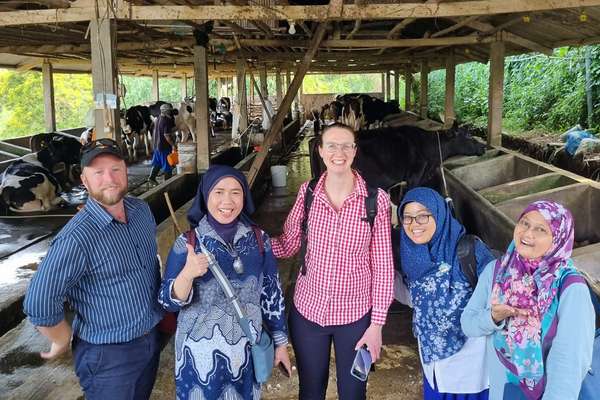Driving adoption of new farming practices and technologies by changing the way end-users engage with information by combining innovative methods of education, behavioural psychology and mass communications.
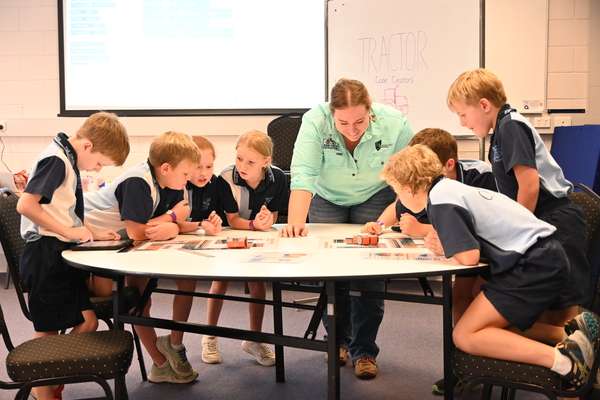
Discover how CQUniversity’s Microbial Genomics team is improving livestock health and productivity through gut microbiota research, next-generation probiotics, and sustainable farming solutions.
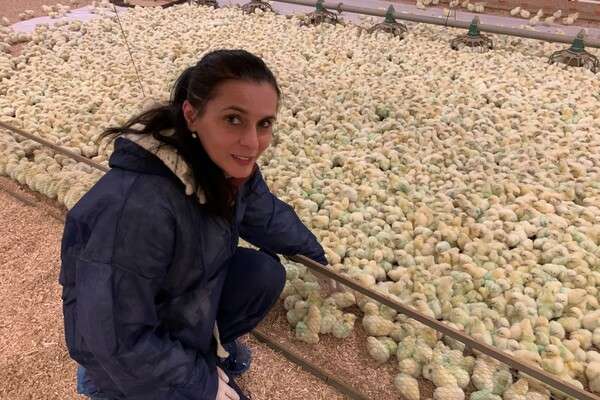
CQUniversity’s Non-Invasive Sensor team has led the world in the use of near infrared spectroscopy for assessing horticultural produce.
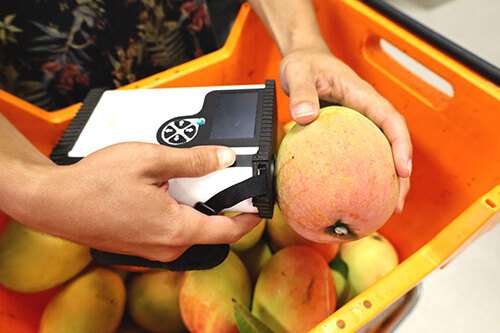
The Precision Cropping Systems cluster delivers applied research, training, and industry partnerships to boost productivity and sustainability in northern Australian agriculture.
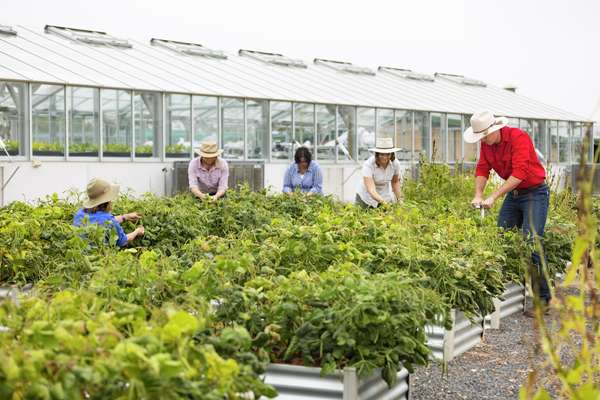
CQUniversity’s Precision Horticulture team is focussed on improving the productivity and profitability of Queensland’s major horticultural commodities.
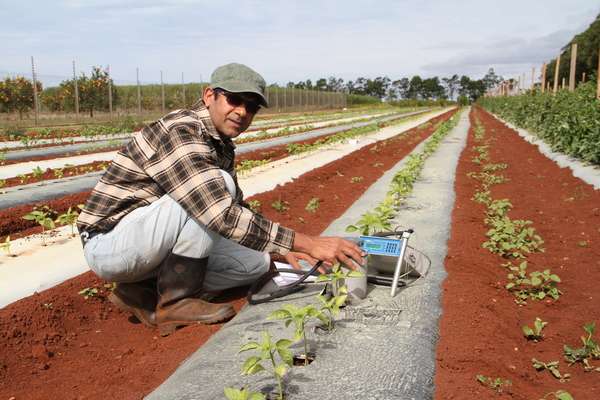
The Precision Livestock Management team leads tech-enabled research to improve productivity, sustainability, and animal welfare in northern Australia and the Indo-Pacific.
